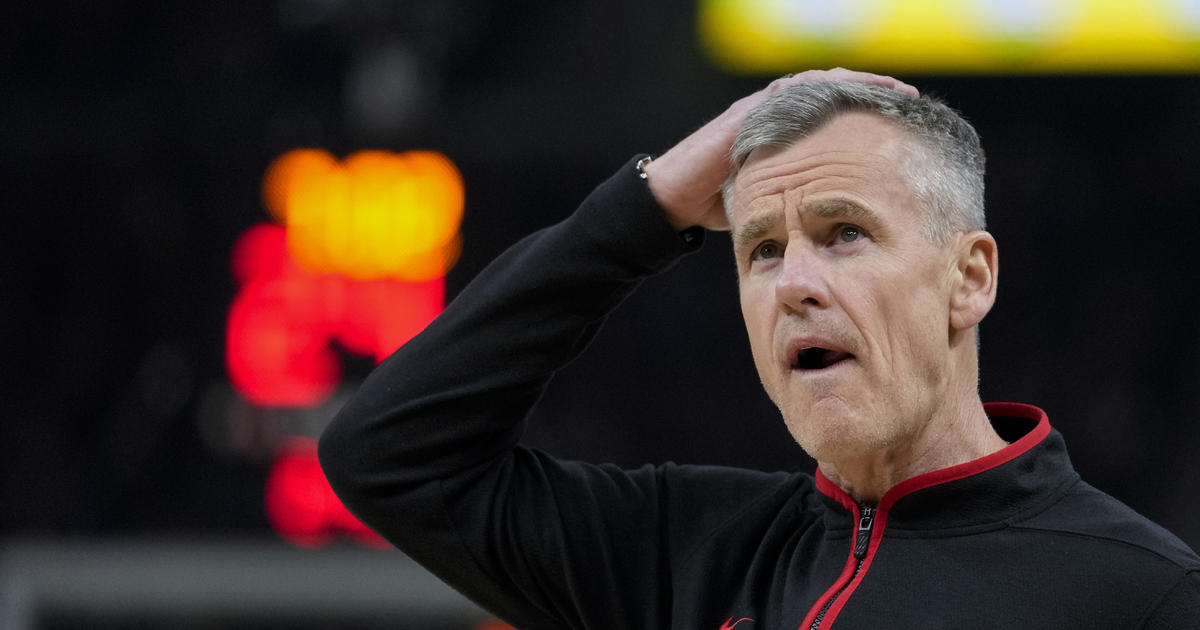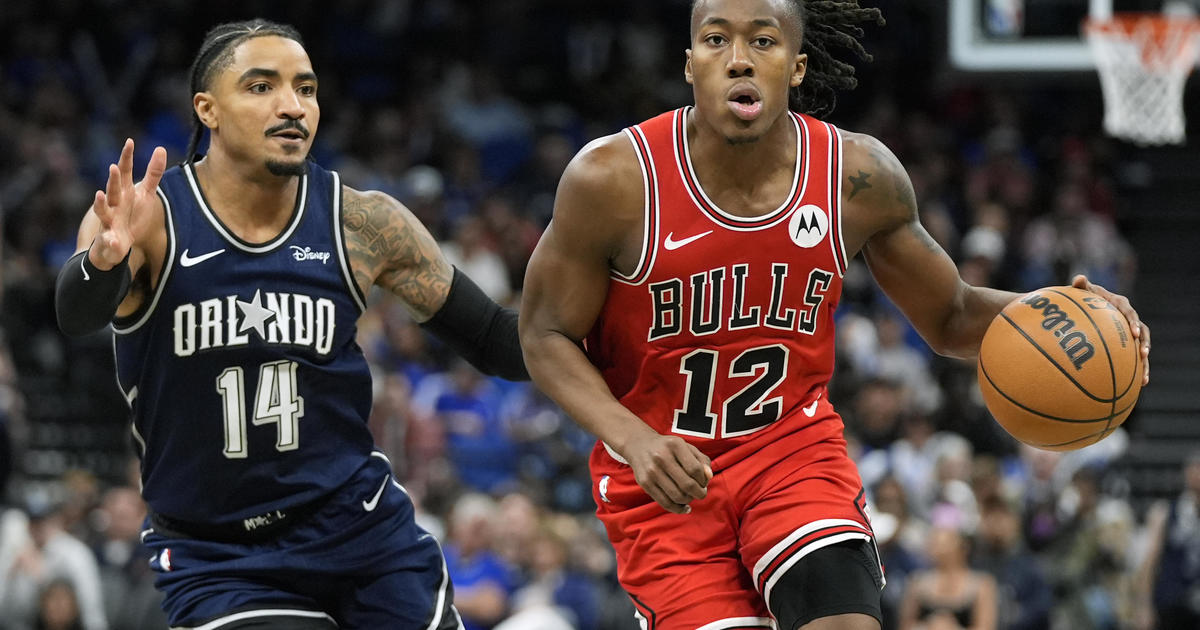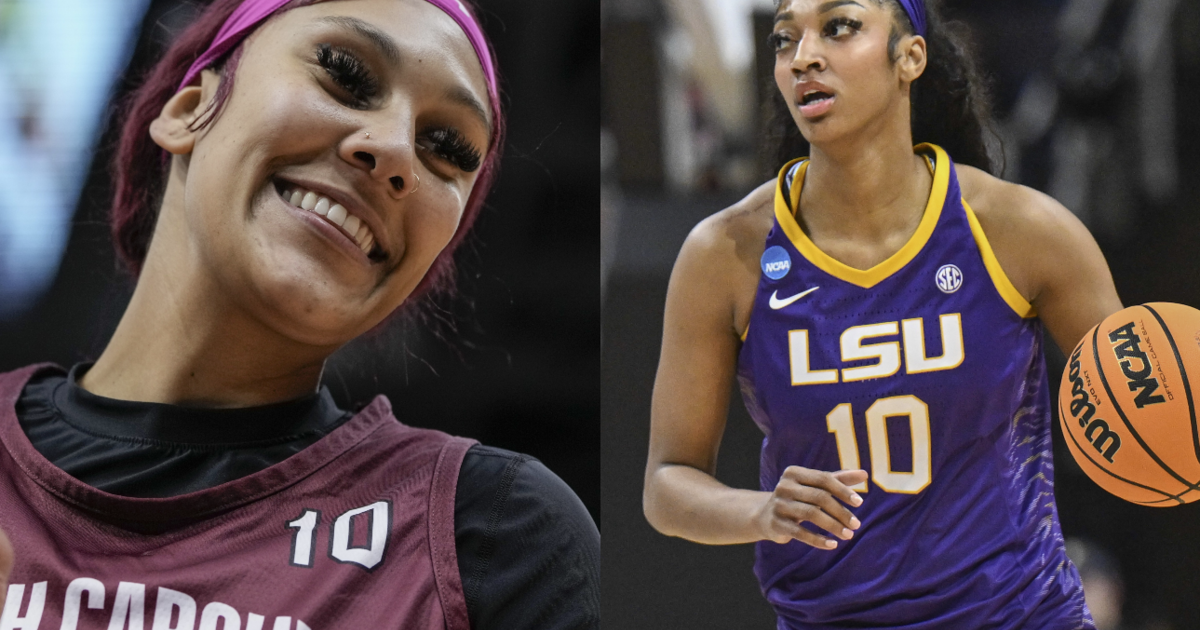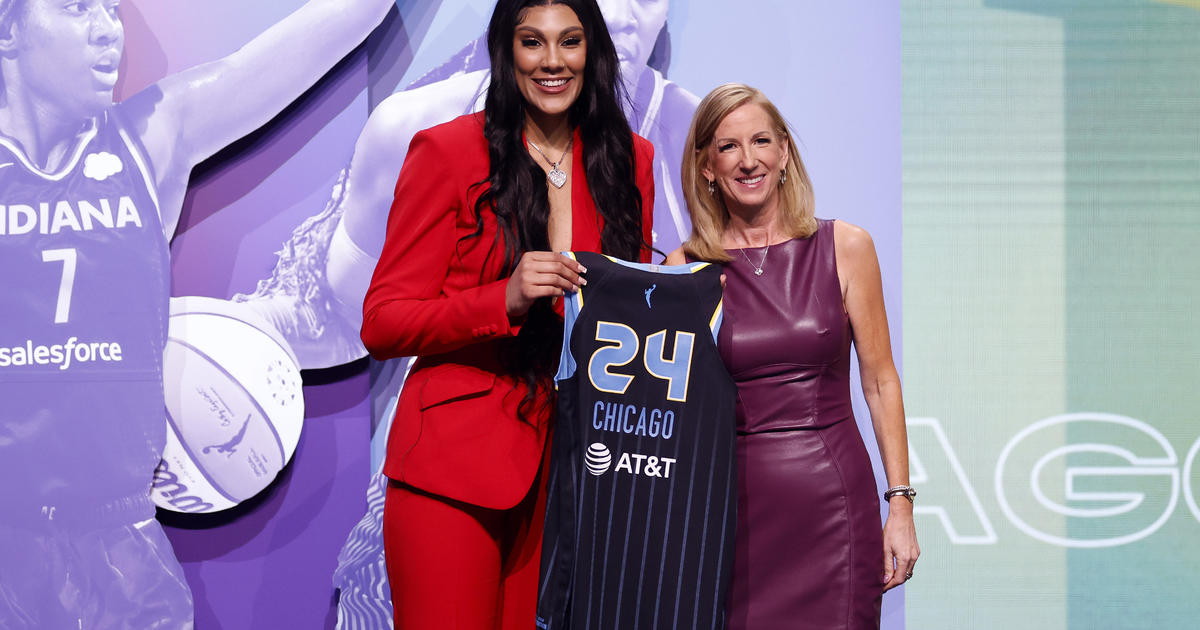Bernstein: Jabari Parker Might Be Crazy
By Dan Bernstein-
CBSChicago.com Senior Columnist
(CBS) If some NBA scouts are correct that Jabari Parker is leaning toward returning to Duke for a sophomore season, perhaps Parker can take a basic economics class.
In it, he'd learn the folly of working for free.
This is a bad idea on so many levels that it almost defies rational analysis, but let's try anyway, looking at financial upside, potential risk and basketball development.
Parker is going to be an NBA player at some point, and that's why he just spent a year in college, fulfilling the pointless requirement to provide his services without real compensation, only so a coach can add victories beside his own name, maybe even hanging a banner in his gym to aggrandize his program and burnish his legacy. And after that one year, he is poised to be a top-three draft pick.
Based on 2013-14 NBA salary data, the No. 3 draft pick averages $3.565 million in his first year, $3.725 million in the second, $3.885 million for the third-year option and closer to $5 million for the fourth. Even we former English majors can determine that's infinitely more than zero, with the big money – the generational wealth – waiting after the end of that rookie deal. It just makes no sense for Parker start that countdown a year late, all while facing enormous potential downside.
He can purchase some NCAA-sanctioned insurance to guard against injury, but nowhere near enough for someone of his talent and current standing as a potential star set for a colossal payday from a major shoe company. He'd be one bad landing, one collision or one awkward step and audible pop away from a markedly different future. Even something minor that he endures stoically could be enough that scouts start muttering and future employers ask for another MRI before slotting their draft board. It's not worth it.
Beyond traumatic injury risk is the undeniable wear and tear of another season of heavy minutes as an amateur. An athlete has a finite amount of time at peak explosiveness and elasticity, and there's no good reason to give any of that time away.
College coaching monarchs love to believe that players become better pros under them, their games ripening only due to more time basking in the light of their magnificence. It's not even close to true, with most players benefiting from a transition as soon as possible to their real-life work responsibilities both on the court and off. There's the occasional knucklehead who busts out, but that's exactly the wrong example to bring up in the case of Parker, who is by all accounts bright, motivated and well-parented. In other words, he's ready for a job.
Mike Krzyzewski needs Parker more than Parker needs him. Krzyzewski has to do better than two first-round defeats to double-digit seeds in three years, and he knows how good Parker is, even if he can't figure out how to use him properly. It will be another year of standing in the corner, another year not polishing the pick-and-roll skills as both screener and ball-handler that are the essence of NBA play and perhaps another tournament disappointment after which his coach blames him for the loss, then gives a self-serving locker room postgame talk to the other team.
Duke's campus is teeming with future multi-millionaires in every kind of business. The vast majority of them will stay in school because they must to become what they eventually want to be. If an aspiring aeronautical engineer is plucked away by the government to work on a top-secret defense program before graduation, so be it. Same goes for the precocious screenwriter signing a deal with a major studio or the 20-year-old inventor of a trading algorithm that ignites a Wall Street bidding war for his services. Find that kid up late in Perkins Library grinding away for a statistics final and tell him that he can make Goldman Sachs partner money right now. Watch what he does.
Jabari Parker can be what he wants to be in mere weeks.
If his goal really is to play in the NBA, there is, simply, no valid argument for him to return to school. He can do so, certainly, but that decision would have to be consciously irrational.
Parker should find that kid in the library, actually, and ask him about risk and reward.
Follow Dan on Twitter @dan_bernstein and read more of his columns here.



